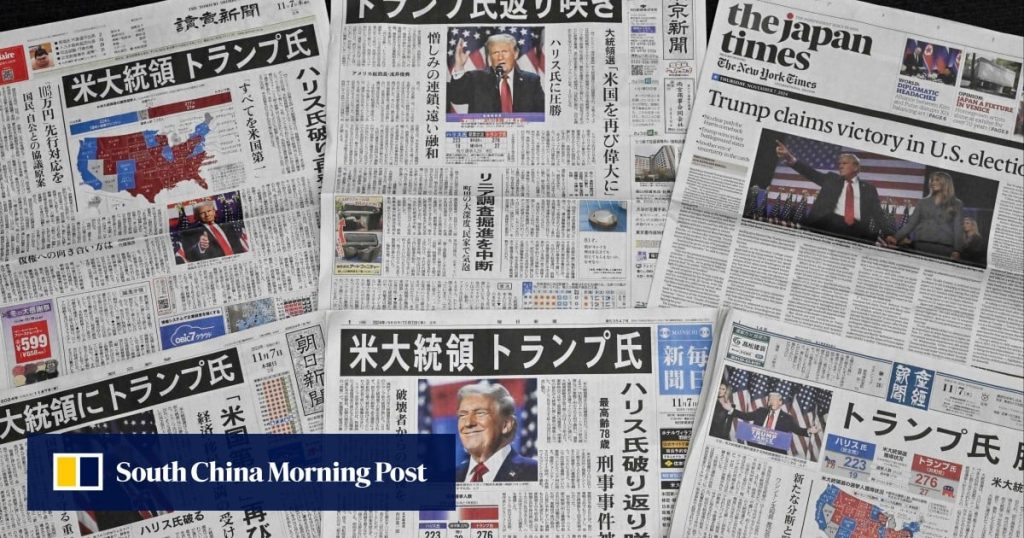The annual survey by Reporters Without Borders released on Friday ranked Japan 66th out of 180 countries and regions, up four places from last year. But Japan was still the lowest-ranked G7 nation and below developing countries such as the Ivory Coast, Sierra Leone and East Timor.
Some media analysts have expressed cautious optimism that Japanese news outlets might be recovering some of the editorial freedom lost over the past two decades, as younger journalists push back against restrictive norms and political control over the media shows signs of loosening.
Paris-based Reporters Without Borders, known by its French acronym RSF, described Japan as a parliamentary democracy where media freedom and pluralism are broadly respected, but it warned that “traditional and business interests, political pressure and gender inequalities often prevent journalists from completely fulfilling their role as watchdogs”.
Japanese governments have long been criticised for requiring members of the media to become part of a press club system if they want to attend any press conferences at any of the ministries and for access to government officials. Reporting critical of the government can result in press club credentials being withdrawn and media organisations losing access to news sources.
The consequence is that media outlets hesitate to ask awkward questions or report issues that they fear will upset the government, according to critics.


